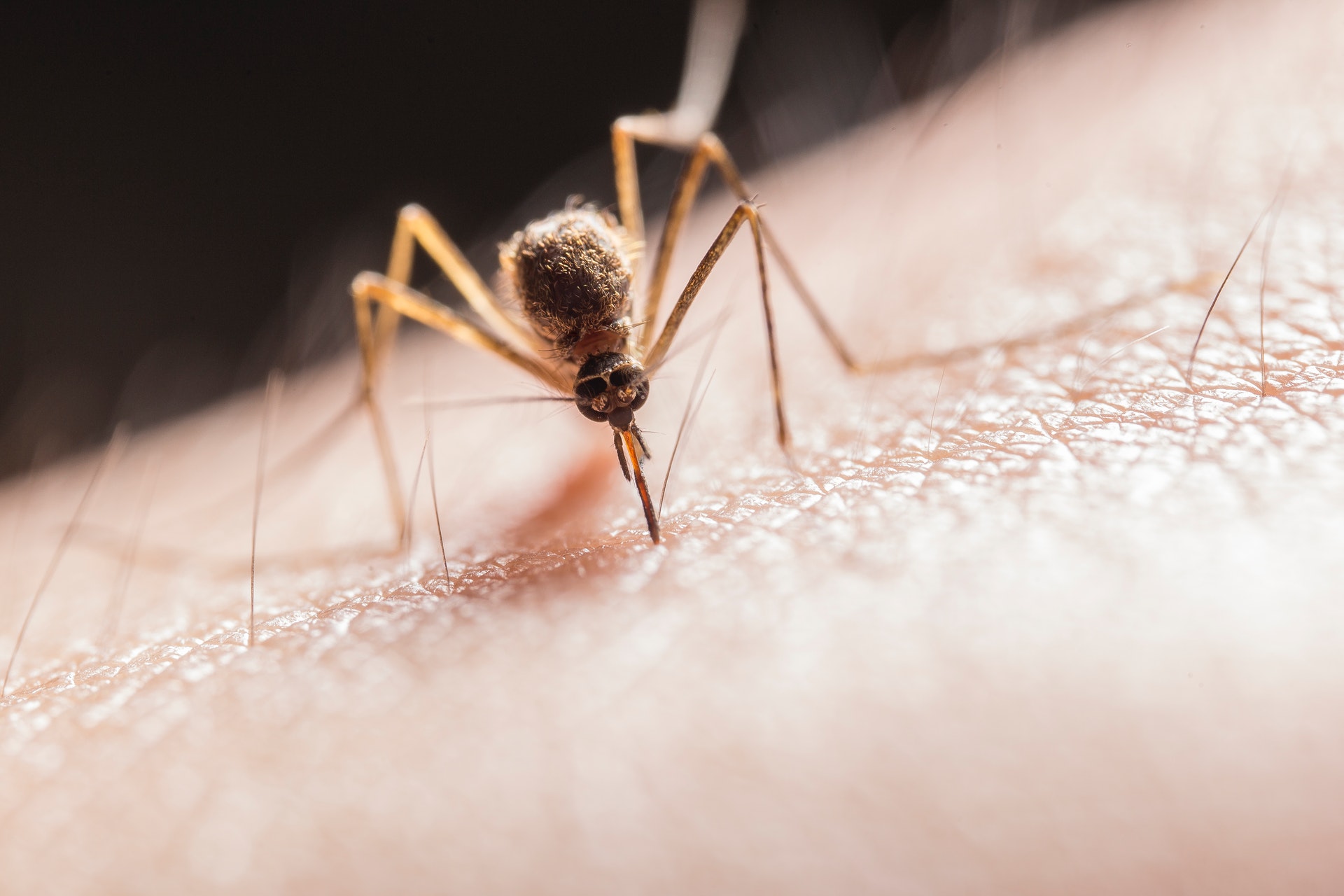You know the routine: you’re enjoying a quiet BBQ with family and friends in your back yard on a warm Summer’s evening when you hear the tell-tale buzz of a mosquito as it looks to enjoy a tasty snack on you and your guests. Mosquitos are more than just an annoying party crasher; they can carry some nasty diseases, especially nasty infections like the West Nile Virus, which is surprisingly common in the United States. In this article, we look at a few ways you can reduce the amount of one of nature’s most unwelcome guests in your garden or back yard.
How prolific are mosquitos in the US?
Most states in the United States can be prone to mosquitoes in one form or another. It’s often related to the environment being suitable for mosquitos to proliferate; they love to breed in stagnant water, or anywhere even mildly damp, to support their lifecycle. Of the 3.5k different species of mosquito throughout the world, at least 170 types are known to exist in the US. Northern Virginia made news recently as potentially West Nile Virus harboring beasties were reported to have chomped down on some local Northern Virginian residents.
While you can certainly follow some of our advice below, if you are concerned that you live in a mosquito hotspot, then it’s always a good idea to refer to a specialist to help you, like experts in pest control northern Virginia, for example.
How to combat back yard mosquito invasions
Just like that other blood-sucking pest, the vampire, mosquitos are thought to have a natural dislike of garlic. Available in spray and powder forms, garlic applied in mosquito hotspots might help to reduce their numbers; unfortunately, it might keep almost everyone else away too.
Scent scientists (if there is such a title) are exploring catnip as a potential mosquito deterrent. It is thought that one of the inherent essential oils in catnip might be acting as either an irritant or a repellent odor. Some believe that catnip could be more effective at repelling the little pests than the most famous of the mosquito repelling chemicals.
Another natural mosquito repellent is the popular herb, rosemary. Potentially more than just a wonderful flavor to add to your supper; if you have a bit of rosemary growing in your herb garden, try rubbing some of it on your exposed skin to release the essential oils. This method might be slightly preferable to the garlic solution during social occasions.
Citronella has been a staple strategy at many an outdoor gathering or campsite as it is known to repel many biting insects. As well as the infamous citronella candle, you could also experiment with some citronella oil dabbed on your exposed skin.
Continuing our culinary theme, vanilla is another delicious smelling scent that can have a repellent effect on these buzzing nuisances. Try mixing a bit of vanilla extract with a carrier oil, such as olive oil, and dab it on your exposed skin. You might even make a few more friends with this one as you’ll smell like a desert, just not to the mosquitos.
If in doubt, or you’re concerned by mosquitos in your area, it’s always best to defer to the professionals, but these tips can hopefully take the edge off your mosquito problem in the meantime.



